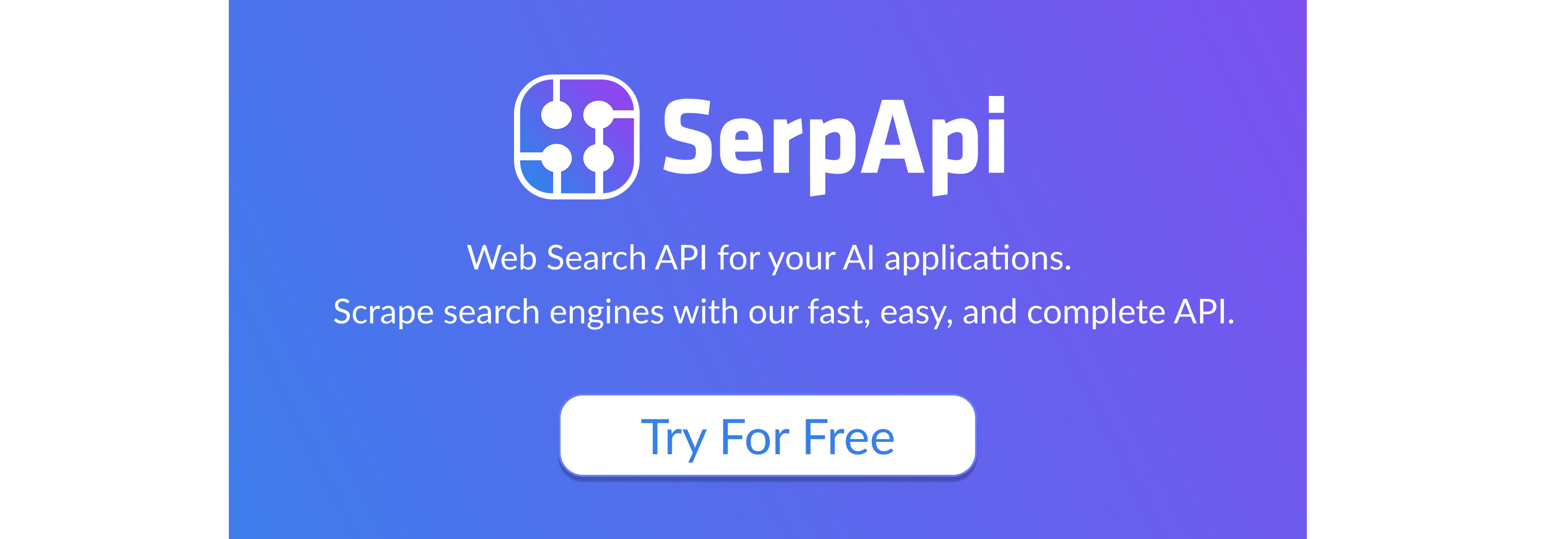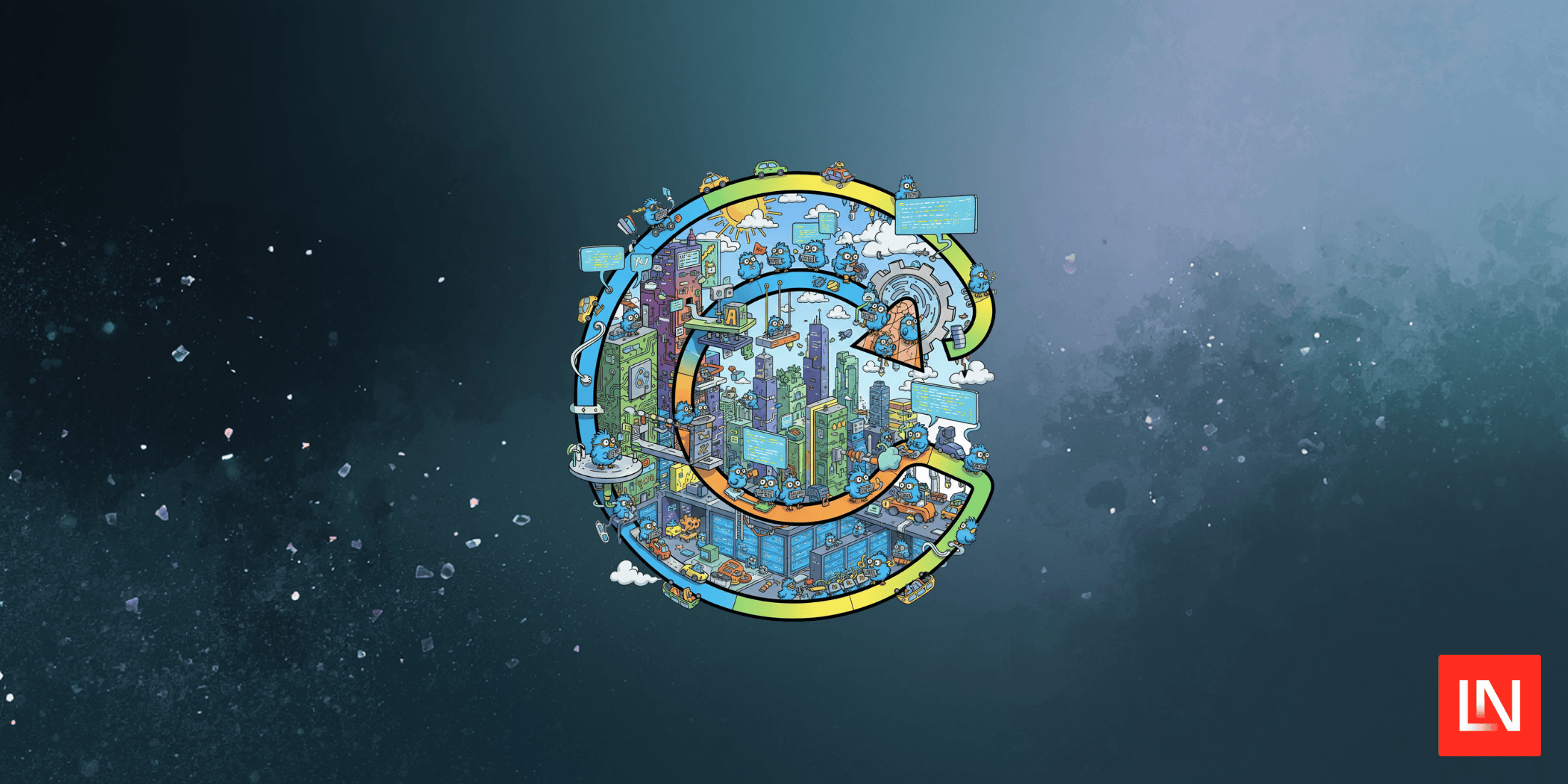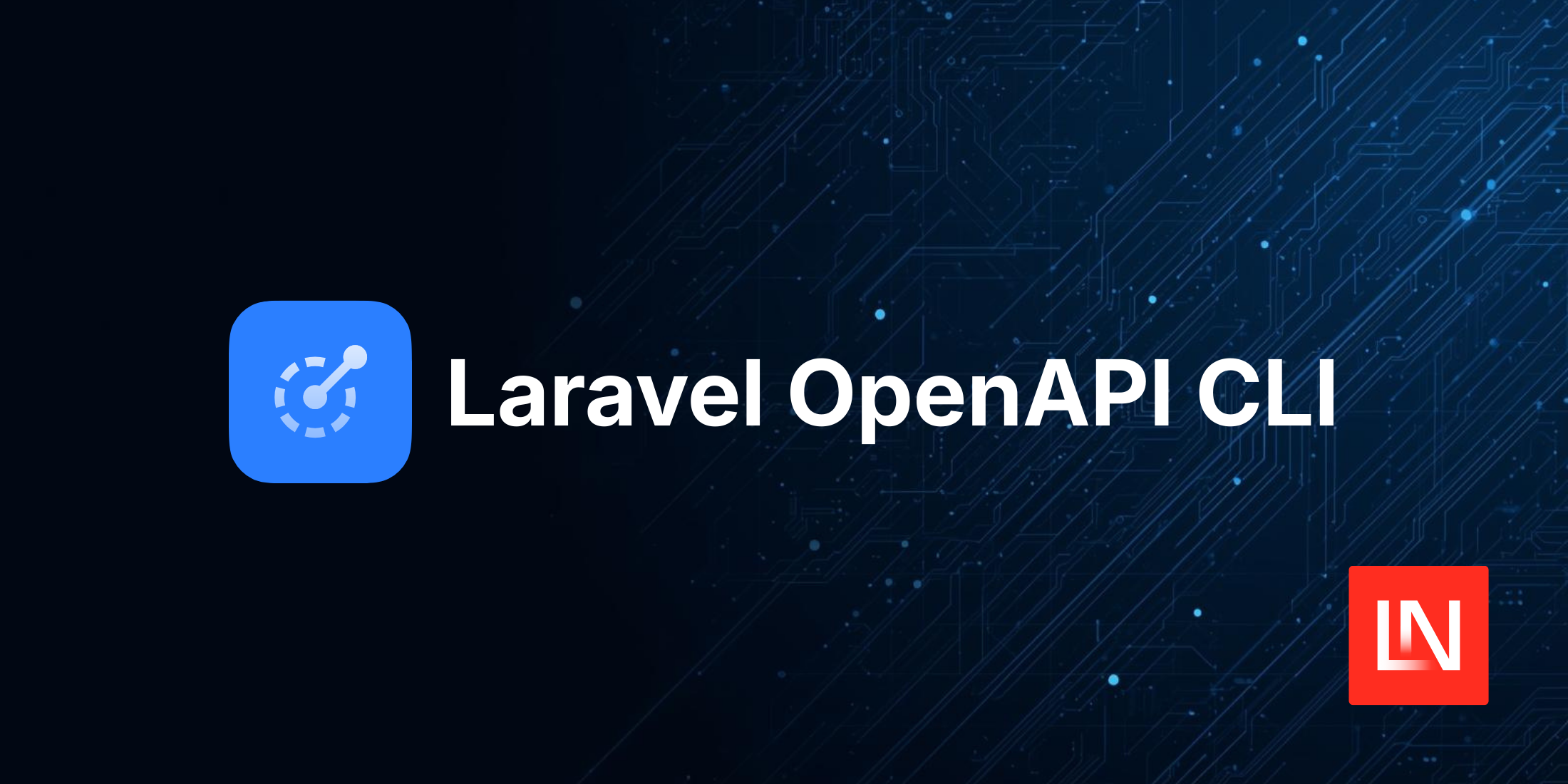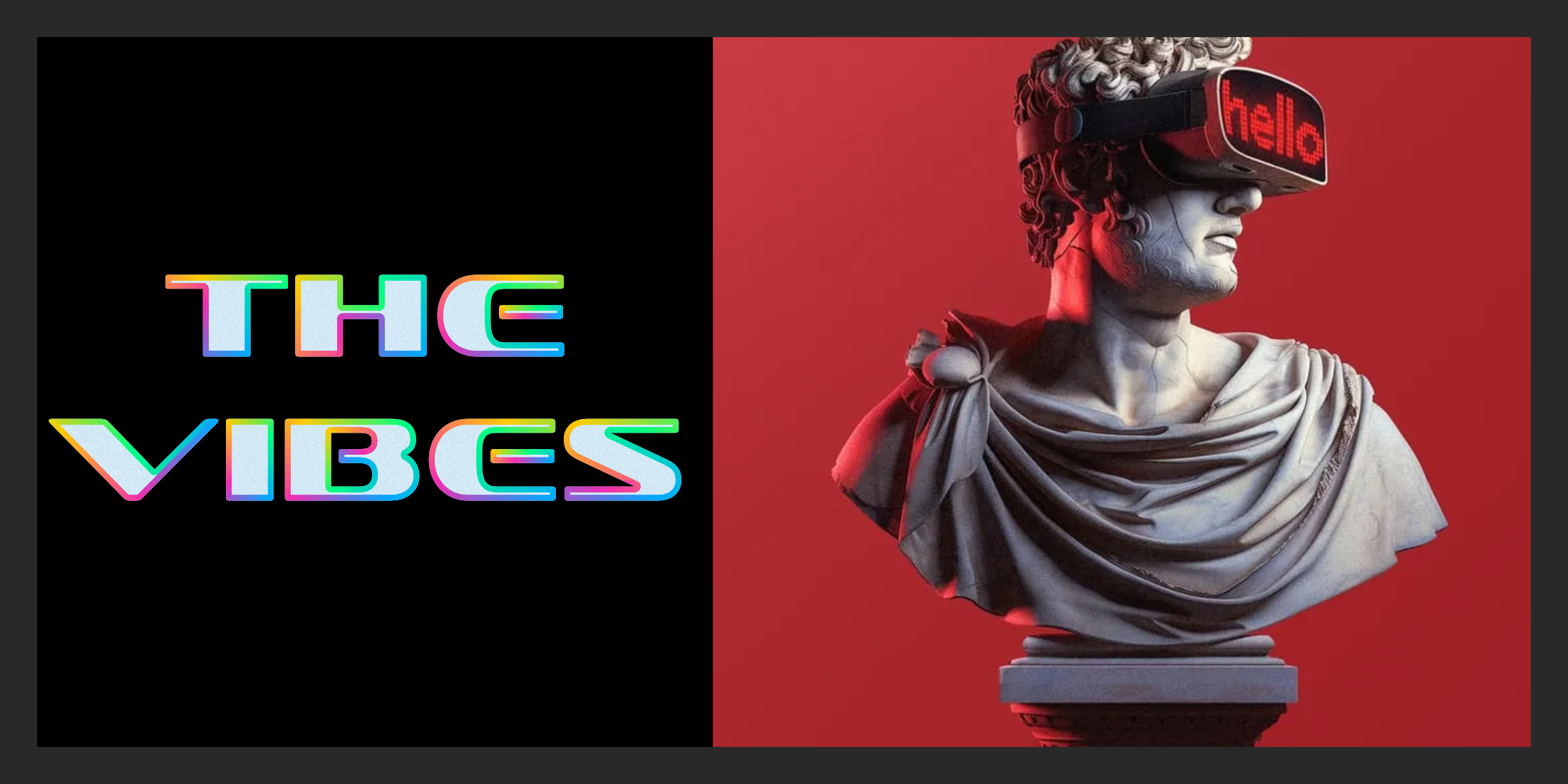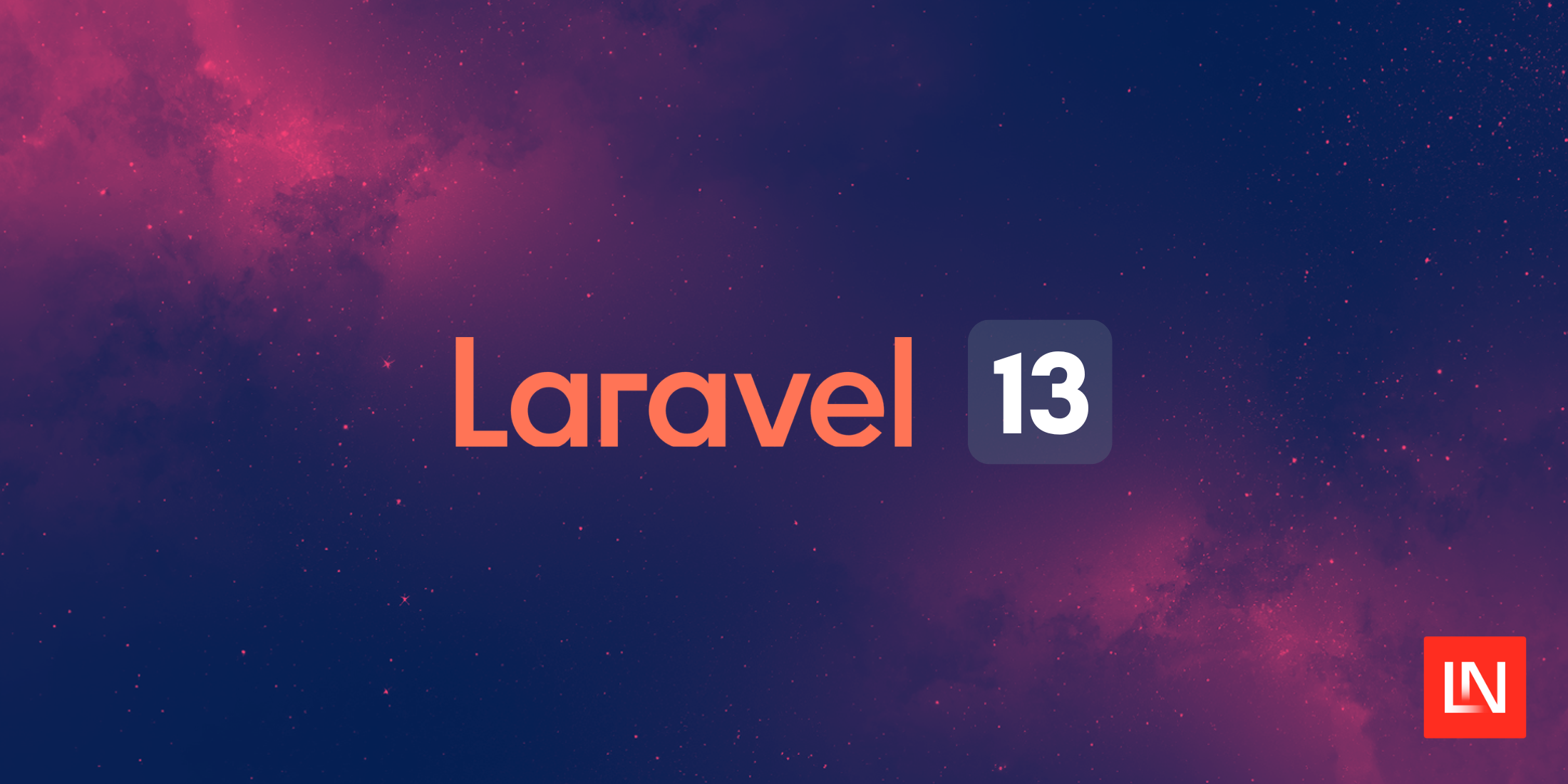Building a culture of trust: Why sharing is good for you and your career
Published on by Sharon Steed

I speak about empathy on teams and why vulnerability is a great asset in your professional life. Sharing ideas falls right in line with my own ideology, but I also understand why people are so terrified to offer up opinions. First off, people are afraid their ideas are going to be shot down. No one wants to look bad in front of their bosses or coworkers. Many people feel that one bad suggestion can affect what others think of their abilities.
Another reason why people are afraid to share is fear that they won’t get credit for those ideas. I’m constantly amazed at how many people refuse to talk about projects they are working on for fear of others trying to swipe the idea. I’m even more so surprised at people who go out of their way to not share ideas with bosses or coworkers. Yes, there is absolutely a chance that someone else will take credit for that idea. The nature of working with other people, however, is that of collaboration.
Think about meeting a deadline at work. You and your coworkers each have your assigned tasks that have to get done by a specific date. So you all starting plugging away on your part of the project. Then someone hits a snag; they need information from a you or another coworker in order to complete their task. What if when this happened, the coworker didn’t want to share the needed information?
Here’s what would happen: there would be an immediate conflict between the team members and it would take time away from the task at hand. When the two people involved finally did get back to work, there would be tension as a result of both the conflict and the unwillingness to share. And then, of course, there’s the biggest issue: the project. If it did get completed – and that’s a big if – it would either be late or subpar.
Many people are realizing how valuable sharing is the success, and businesses are getting in on the value. The sharing economy is wildly popular right now. Uber and AirBnB open up personal physical spaces to the masses. And even things like Medium and Twitter open up personal stories to those who are willing to be both vulnerable and empathetic.
Companies are going as far as sharing what’s going on with finances with not only their employees but also their users. Buffer is most famous for this. They have a salary calculator on their website that lets potential hires know exactly where they will fall on the pay scale. They also have specific details of their latest round of funding; equity breakdowns; real-time revenue; and every current employee’s salary.
Buffer isn’t the only company committed to transparency. Zappos allows tours of their facilities and allows for question-and-answer sessions with departments. Moz’ CEO Rand Fishkin shared his own personal performance review on his blog, and the company has made their funding deck open to the public. Within companies, founders and executives that share struggles endear themselves with employees so much that they develop a strong sense of loyalty and compassion inside those walls.
This culture of sharing extends beyond just tech companies, and that includes open source contributions. Oil and gas software maker Landmark recently pushed its main computing platform into the cloud, and everyone can use it. Tech companies like the aforementioned Buffer and Mozilla as well as Red Hat also share all of their code with the public. They do this because they want others to learn from them, and they want to learn from others. Sharing forces accountability, fosters collaboration, and pushes innovation.
For managers looking to increase sharing on their teams, encouragement is the first step. Studies have shown that individuals have a very difficult time being empathetic when they are in a group. Splitting up groups and speaking to individuals one-on-one will get to the root of any fear or hesitation your coworkers and employees feel. Speak to them in a way they can understand and embrace, and encourage them to share their ideas openly.
The simple act of letting people know it’s okay to speak freely goes a long way in both sharing and collaboration. This is why pair programming is an essential activity for learning to code. One of the big benefits of pairing is the distribution of knowledge among teams. The quality of code increases when partners are working together, and errors are more quickly caught. Pair programming is truly the essence of sharing, and it has a positive correlation with the success of teams.
Finally, discourage secrecy. Yes, there are times when you must keep certain teams out of the fray for legal reasons but not every single project has to be done under the seal of darkness. Impress on your coworkers how valuable transparency is to company growth. And as companies grow and become more successful, the employees benefit as well. Being a part of a team that grew a company into Google or AirBnB follows you for the rest of your life. Bottom line: sharing fuels collaboration in a way that no other activity can, and it is proven to be beneficial to building companies.
Sharon is an empathy consulting, public speaker and writer. She has over a decade of experience creating and managing content for businesses. A lifelong stutterer, she utilizes her experiences with her speech along with her background in marketing to help companies communicate more effectively both internally and with their target audience. She writes and speaks about improving communication through empathy. She lives in Pittsburgh.




